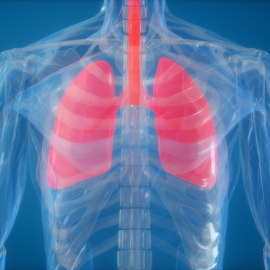Cryobiopsy of the Lung Promises a High Degree of Safety for Patients
Clinical researchers at Karl Landsteiner University Krems (Austria) evaluate novel diagnostic technique prospectively for the first time in Europe

Clinical researchers at Karl Landsteiner University Krems (Austria) evaluate novel diagnostic technique prospectively for the first time in Europe
